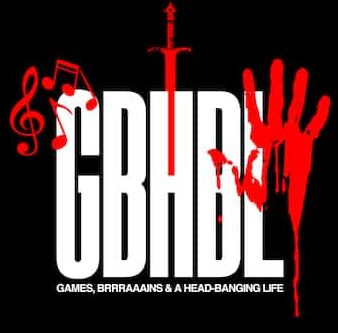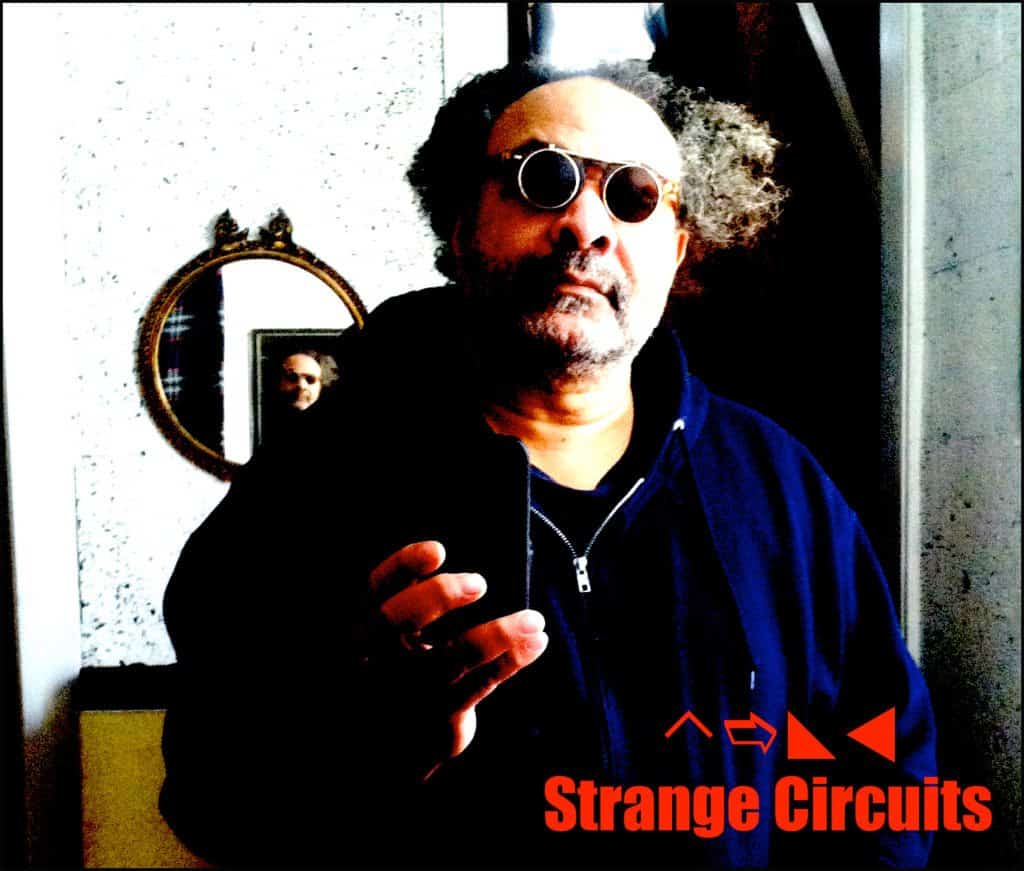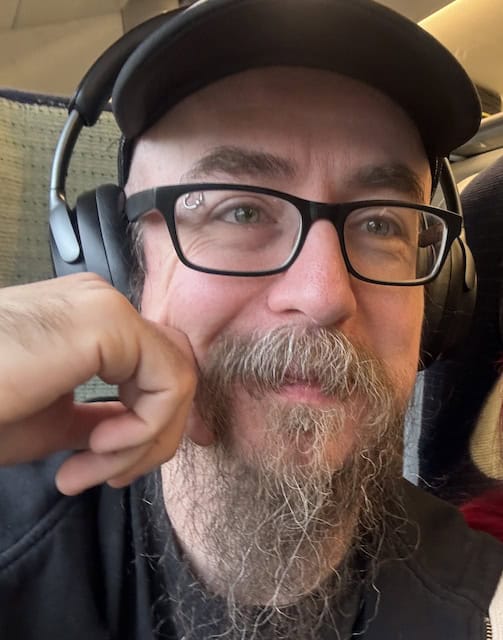Artist Interview: Rodney Bakerr (Strange Circuits)
Games, Brrraaains & A Head-Banging Life are very pleased to bring you an interview with seminal industrial and electronic artist, Rodney Bakerr of Strange Circuits.
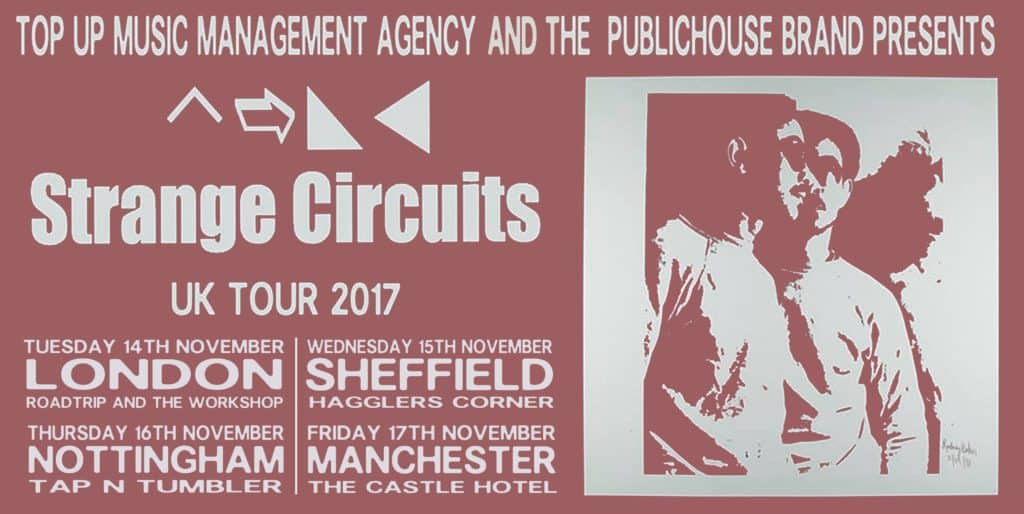
1. How did you get started in Strange Circuits?
I got started with Strange Circuits in the late seventies when the New Wave, Industrial & Punk movements were going strong. I had studied electronic music at the School of the Art Institute of Chicago (SAIC). They had an electronic sound lab built around an EMS Synthi MK1 which had an interface matrix built around push pens. I believe Eno had the same unit. The instructor for the Class was Richard Teitelbaum an Electronic Composer. I also had a class called Kinetic art where we had to build a synthesizer by hand the Instructor was Steve Waldeck.
I had a group at the time called Rain Forest where I played an instrument called the Chapman Stick. The stick was interesting because it was a two handed fretted instrument you played by tapping the strings with the left hand for the bass and right hand for chords and lead parts.
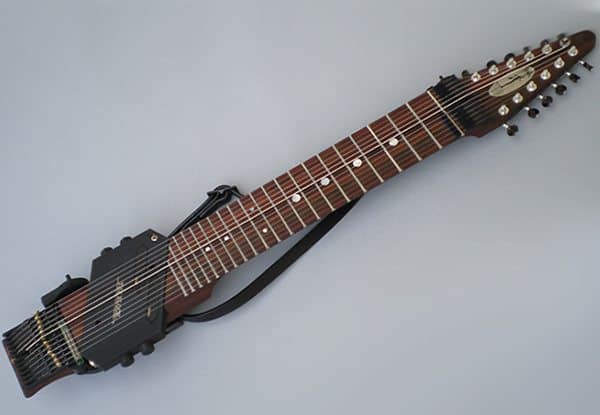
The drummer left the group which left the keyboard player and myself. We replaced the drummer with a drum machine and added another synthesiser player and became Strange Circuits. We played all the punk rock and new wave clubs in Chicago at that time. Eventually we got a deal with Chicago industrial label Wax Trax! and were the first group released by them. The single, ‘Industrial Living’ became a Collectors item and later got added to the compilation New Wave Complex 8 and led to us touring Europe for the first time.
2. How would you describe your current sound after all these years and what are your plans on stage for your upcoming UK tour?
As far as my stage presence it will be a blend of minimal movements and concentration with my drum machine which uses air effects to control sound by hand movement. So it’s a blend of Man vs. Machine.
I believe this is the very best and latest version of Strange Circuits. Using the latest Electronic Sounds and Songs in a slightly retro fashion mixing Industrial and New Wave styles delivered in a spoken word method by a solo artist. The tour will be a blend of analog and digital as well as Thoughts, Sounds and Texture. Strange Circuits will be a live experiment in expanding minimalism. It’s one thing when you’re on stage with several people but, when you’re solo it’s more like you are at a podium giving a speech to a congregation. So the whole feeling is different it’s like you are the audience.
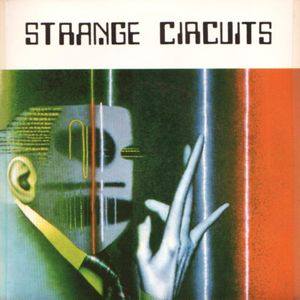
3. What bands/artists would you say have influenced your style the most?
I would say early Mute label groups like The Normal and Depeche Mode influenced Strange Circuits. Also German wave groups like Kraftwerk and Neu!. I can remember in the late seventies I opened for the German Kraut Rock band Guru Guru in Chicago and it was quite an experience. Later I lived in Germany and Holland In the early 80’s and toured both countries. In Germany I played with a English Rock and Roll Group called Robbins Kitchen and in Holland I played as Strange Circuits.
I also like Eno and Bowie for their fearless experimentation in various musical genres. Being from Chicago I would have to say my label mates at Wax Trax! Records were Influential also. One more thing I would have to mention is that travel and experiencing different cultures definitely had an impact on my growth and musical direction.
4. Has the rise of You Tube and music streaming helped or hindered you in music over recent times?
That’s a tough question. Strange Circuits was created in the Eighties when people believed that if you were good enough to be signed to a label that was all you needed to be considered an Artist. The public trusted what the press would write about you and took their word as truth. Today you have artists who don’t have a label and are Grammy winners just from the number of streams people have downloaded. So, it’s a completely new world with lots of possibilities and opportunities.
In the Eighties we were paid in Dollars in the digital world of today you’re paid in Dimes. The Public is more powerful than the corporations in the music business in today’s world. But on the other hand there’s a huge problem with that. You are competing with thousands of other groups and artist for the public attention. Many great new groups completely get overlooked in the new digital landscape. People have access to thousands of bands and YouTube videos and it’s a jungle just to get noticed.
Back in the day record label executives eliminated many groups, they acted as a filter and made taste decisions for the public. Today the public through social media sites makes those decisions.
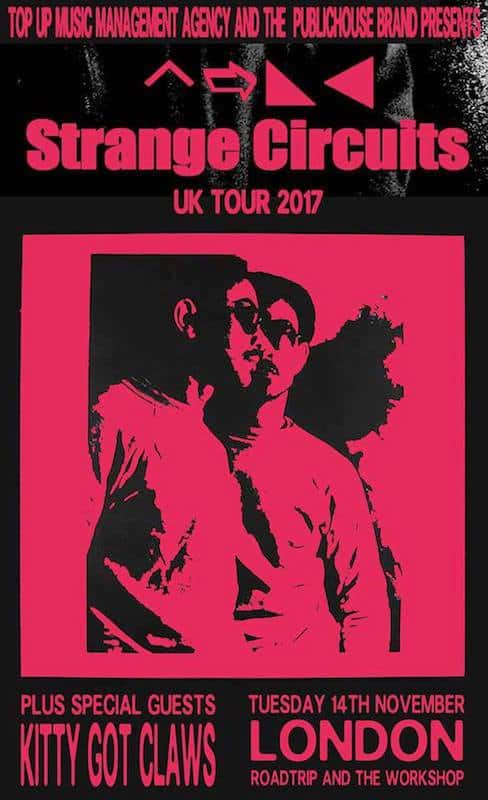
5. What do you enjoy doing when you’re not making music?
I love making art, doing paintings and prints etc. I’m lucky to have my artwork Collected by many museums and private collections such as the Museum of the Art Institute of Chicago, The Smart Museum of the University of Chicago and the C N Gorman Museum of the University of California Davis.
The city of Chicago has passed two resolutions honouring my students and myself for excellence in Art and Art Education. I taught art in the Chicago public school system for many years. I was given the honour of being chosen to be a member of the Teachers Advisory board for the Museum of the Art Institute of Chicago. Also I was a winner of the prestigious Suave award for excellence in teaching as an art educator. I’m lucky to have the ability to be creative in both the Visual and Musical arts.
I’m also a Fender Guitar Artist collaborating with Fender on their Riffstation software project, so I am enjoying continuing my work on that.
6. What are your future plans musically?
Strange Circuits has been an all electronic group for years, this will be the first time I will be performing as a solo act. Being solo has opened up a new perspective for me as an artist. Performing solo can be a liberating experience and a bit fearsome at the same time. But there is no doubt that I will grow as an artist from this experience.
I’m also thinking about looking into doing an acoustic experimental group in the future with me on guitar and a percussionist to explore quiet noise so to speak. I remember back in the day MTV had a program called Unplugged that explored what happened when rock bands traded in their electric instruments and played acoustic instruments. I thought that concept could be explored further.
We’d like to thank Rodney Bakerr for talking with us & Stencil PR for arranging the interview. You can check out the upcoming UK tour dates below.

